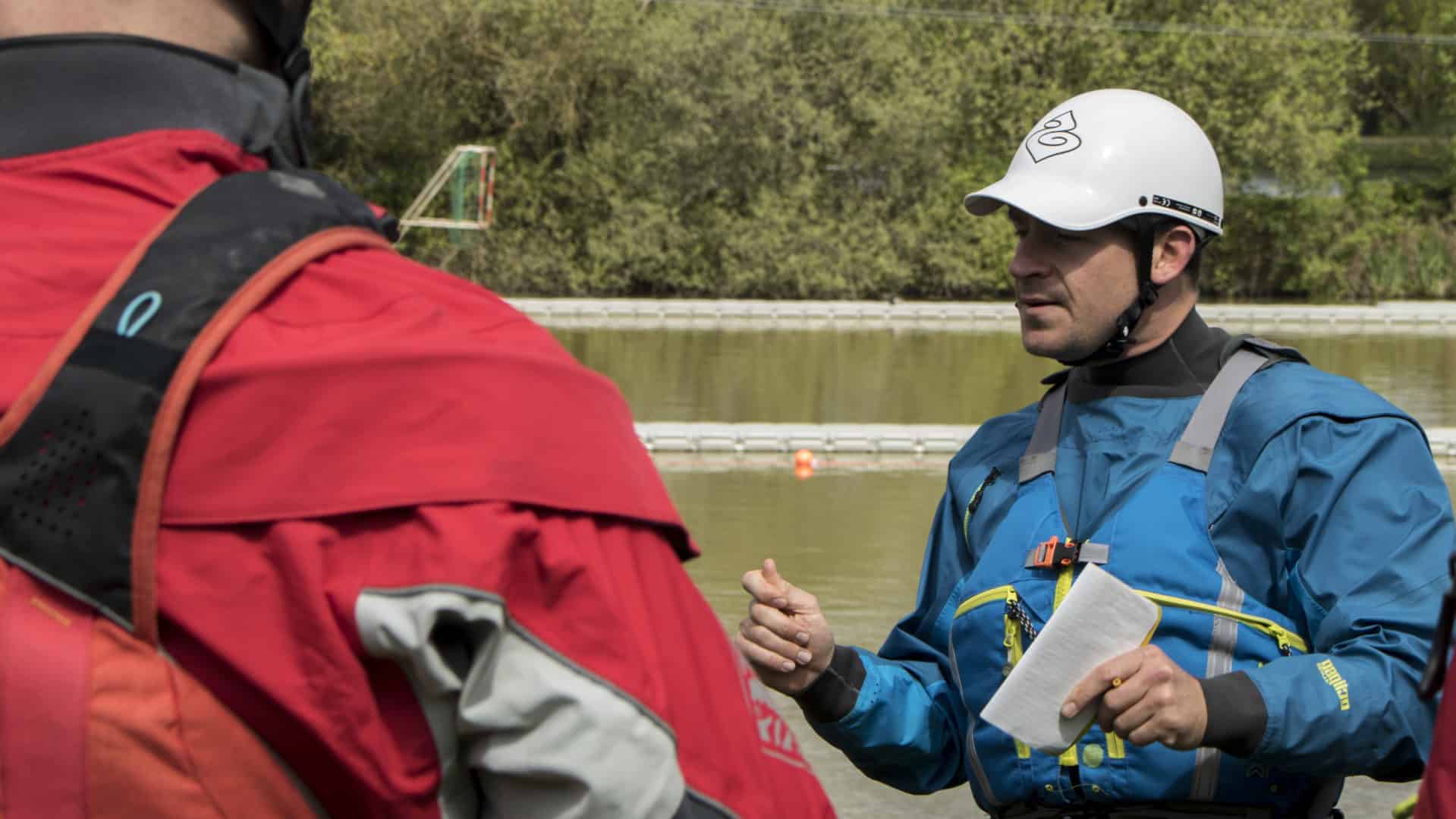British Canoeing SUP Leash Research
At present, until further insight and research is available, it is our initial recommendation that those paddling a Stand Up Paddleboard in a white water environment do not wear a leash.

At present, until further insight and research is available, it is our initial recommendation that those paddling a Stand Up Paddleboard in a white water environment do not wear a leash.
Stand Up Paddleboarding (SUP) has experienced a remarkable surge in popularity in recent years. However, along with this surge in participation, there has also been a substantial upswing in the number of individuals encountering difficulties while out on their SUPs.
Coaching is widely regarded as a stressful position to hold, meaning within the field of coaching, practitioners are susceptible to burnout: a psychological syndrome leading to various unwanted issues such as anxiety, depression, insomnia, and fatigue. This study investigated the relationship between entrapment and burnout in sports coaches by exploring its correlation with the three dimensions of burnout: emotional exhaustion, reduced personal accomplishment and depersonalisation.
This study investigated the subjective experiences of performance under pressure in team sports. Support was found for both self-focus and distraction theories as the underlying psychological processes behind choking under pressure. The interviews revealed that a positive appraisal of anxiety as well as feelings of control were key for producing clutch performances. Evidence of both the positive and negative effects of emotional contagion during choking and clutch performances was uncovered. The future consequences of choking and clutch performance were found to positively affect confidence, motivation to train and ability to cope with pressurised situations. The study highlights the need to create approach-mastery training environments for team athletes to alleviate choking and enhance performance under pressure.
Someone engaged in coaching may do so under the title of Coach, Instructor, or Leader (hereinafter collectively referred to as “Coaches”).
MSC Project Abstract from Greg Hitchen
There are two main mindsets we can navigate life with: growth and fixed. Having a growth mindset is essential for success. In this post, we explore how to develop the right mindset for improving your intelligence.
Rhodri S. Lloyd, PhD, CSCS*D1 and Jon L. Oliver, PhD2
Abstract from Academic Research as part of the Coaching Diploma, Kastelein 2019
Academic Research Abstract from the Coaching Diploma, Joliffe 2019
A summary of four papers focusing on the Spanish Men’s National Kayaking Squad from 2006 to 2008
Academic Research from Marianne Davies
Research by Dr. Annette Towler
Research by Damian Farrow and Sam Robertson
Part I: Cardiopulmonary Emphasis, Martin Buchheit, Paul B. Laursen
Strength and Conditioning Journal: June 2012 – Volume 34 – Issue 3 – p 61–72
Edited by Tiago M. Barbosa, Nanyang Technological University, SINGAPORE
A paper from the European Journal of Sport Science 1(4):1-13 · October 2001
A Narrative Review of the Psychophysiological Effects and the Effects on Performance, Injuries and the Long-Term Adaptive Response
Towards a sport-specific evidence-based classification system for Para Va’a
Loel Collins & Dave Collins, Institute of Coaching and Performance, School of Sport, Tourism and the Outdoors, University of Central Lancashire, Preston, United Kingdom
Mark R McKean and Brendan J Burkett, School of Health and Sport Science, Faculty of Science, Health and Education, University of Sunshine Coast, Queensland, Australia
Sophia Jowett, School of Sport, Exercise and Health Sciences, Loughborough University
Academic Research by Edward Thomas Hall, Shirley Gray – Institute for Sport, Physical Education and Health Sciences, The University of Edinburgh, Edinburgh, UK. EH8 8AQ.